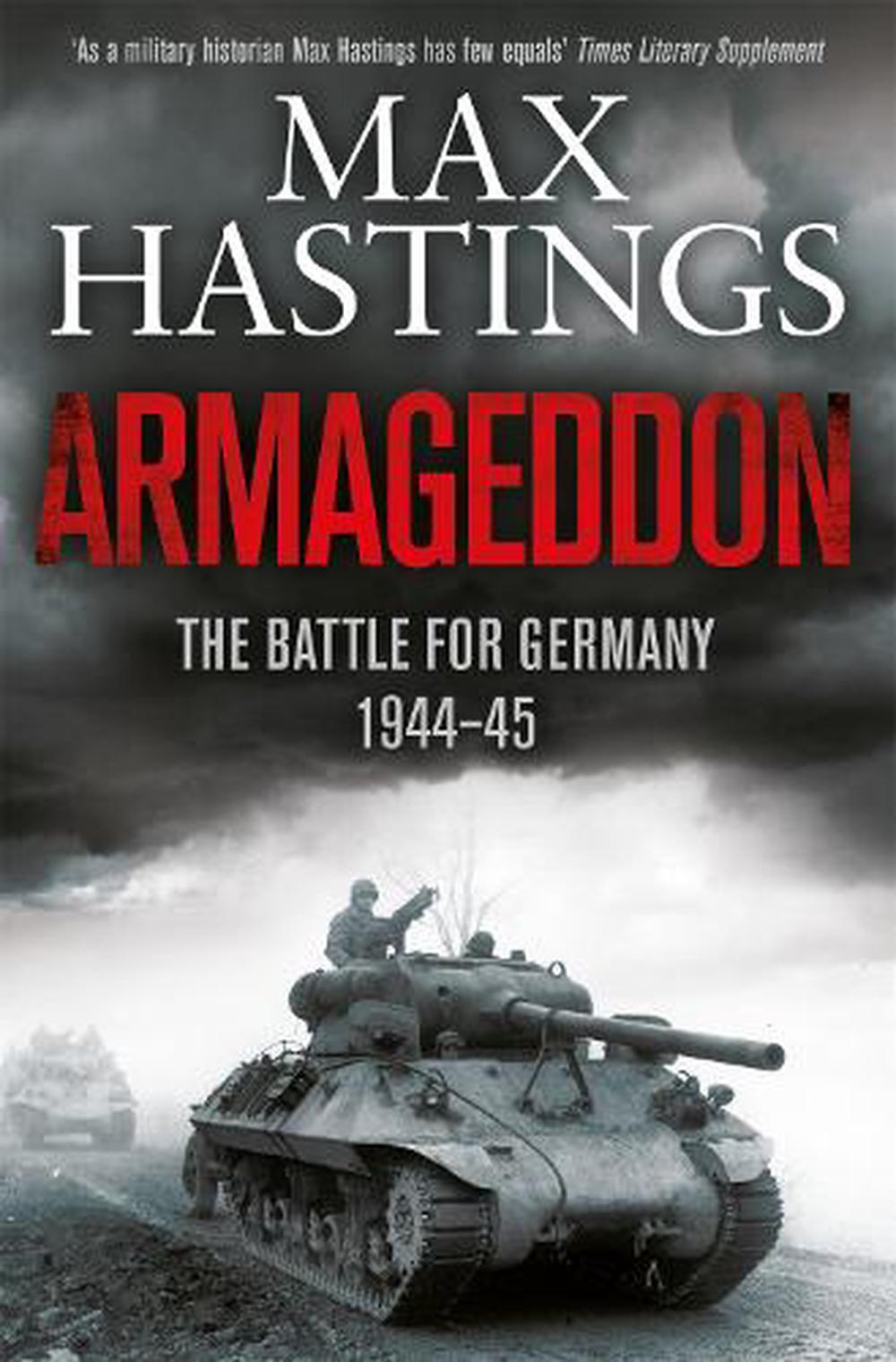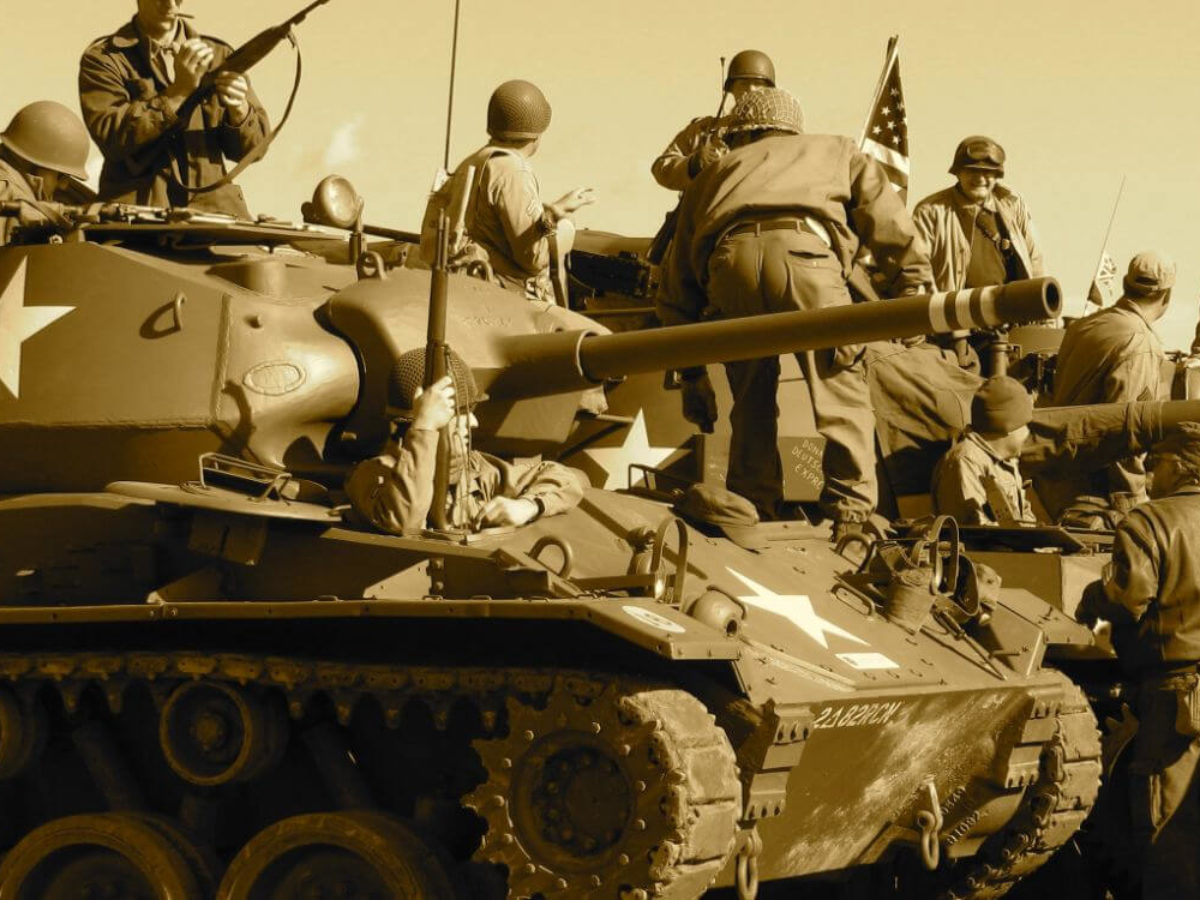Military Historians - The Tuskegee Airmen Archive "The purpose of the Tuskegee Airmen Archive is to collect and preserve as part of a national effort the history of the Tuskegee Airmen, who broke the race barrier in military aviation for African Americans and other minorities."
Housed at the University of California Riverside Libraries. One line of argument advanced by some French and German leaders in recent discussions with Ukrainian President Volodymyr Zelensky, according to The Wall Street Journal, is that sooner or later Russia and Ukraine can reconcile like Germany and France after World War II.
Military Historians

(A German government spokesperson later denied the report, but this is hardly a new recommendation.) It is a terrible analogy. Reconciliation may have arrived a couple of decades after the Second World War, but that conflict ended with the aggressor not merely defeated but devastated.
Research By War Or Conflict
French troops had occupied Germany, including a part of its former capital. Clear borders between the two countries had been established and German society, if not thoroughly de-Nazified, had moved a long way in that direction.
Because each style has its own formatting nuances that evolve over time and not all information is available for each reference entry or article, Encyclopedia.com cannot guarantee each citation it generates. Therefore, it’s best to use Encyclopedia.com citations as a starting point before checking the style against your school or publication’s requirements and the most recent information available at these sites:
To suppose that any real peace between Russia and Ukraine is possible within the next decade, after the horrors of the invasion—rape, torture, murder, the wholesale kidnapping of children—is simply naive. Nor are the Arab-Israeli truths a plausible model for the future.
Those truces lasted, respectively, seven years (1949–56), 11 years (1956–67), six years (1967–73), and nine years (1973–82). And that does not count the cross-border raids, aerial dogfights, terrorist attacks, and up-to-the-edge-of-war mobilization crises during those threats.
In the Middle East, the great powers were able to put brakes on their clients, and the country whose existence was up for dispute, Israel, eventually became the strongest power. Because each style has its own formatting nuances that evolve over time and not all information is available for each reference entry or article, Encyclopedia.com cannot guarantee each citation it generates.
Therefore, it’s best to use Encyclopedia.com citations as a starting point before checking the style against your school or publication’s requirements and the most recent information available at these sites: The peace on the Korean peninsula was kept only by a robust South Korean military, tens of thousands of American troops, and, for a long period, the presence of American tactical nuclear weapons.
Although historians still debate how far the United States was prepared to go during the war, the use of nuclear weapons was a matter of discussion within the U.S. military and government at that time, and presumably word of that reached Moscow and Beijing.
Contact Us · Accessibility · Privacy Policy · Freedom of Information Act · No FEAR Act · USA.gov The Russia-Ukraine case is very different. Russia, as unambiguous an aggressor as was Nazi Germany in 1940, will not, even under the most optimistic assumptions, see its cities flattened, its regime overthrown, its military disbanded for 10 years and only reconstructed thereafter under the supervision of the Western democracies.
And the idea that the fighting will conclude with Russia again accepting (as Moscow did three decades ago) the legitimacy of Ukraine's 1991 borders is barely conceivable. "Researching Service in the U.S. Army during the Philippine Insurrection"
An article in NARA's publication, Prologue, by Trevor K. Plante, on the records in NARA of Army members who served in the war that lasted from 1899 to 1902 in the Philippines. Should such an offensive succeed in breaking the land bridge between Russia and Crimea, and possibly even liberating Crimea and large parts of the Donbas region, there will be political repercussions in Russia.

In all political systems, including authoritarian ones, dramatic failures on the battlefield in a war of choice reverberate in capitals. Already, Russian oligarchs and bureaucrats whisper criticisms of Putin and his war to Western journalists. He will not falter, but others may decide that he needs to be out of power.
It probably won't be pretty when it happens, but Putin's exit could, like Stalin's death in 1953, open up the way for something better than war at a fever pitch. All of this being so, the best possible outcome leading to a cessation of fighting would be a Russian military collapse.
If the West hopes to achieve this, it must provide Ukraine with a massive amount of all necessary weapons short of atomic bombs. Such an effort would require the kind of dramatic increases in output made possible under legislation like the American Defense Procurement Act of 1950.
Instances of Use of United States Forces Abroad, 1798-2013 This Congressional Research Service publication, hosted on the web by the Federation of American Scientists (FAS), "lists hundreds of instances in which the United States has used its Armed Forces abroad in situations of military conflict or potential conflict or for other than normal peacetime
purposes. lists instances in which the United States has used its armed forces abroad in situations of conflict or potential conflict." Flawed judgments about military history helped fuel bad policies in the run-up to Russia's invasion of Ukraine and through the conflict's early phases.
Bad historical analogies look to do the same now, in the debate over how to bring this war to some kind of durable termination. The Russian military in Ukraine is in a parlous state. On a large scale it cannot maneuver, it cannot coordinate, it cannot assault.

Its losses have been stunning. The Ukrainians, meanwhile, have suffered as well, but the indications are that General Zaluzhny has been conserving units for a spring offensive once the mud dries. The West needs to do everything it can to ensure the success of that effort.
Adroit and historically informed statecraft lies not in casting about for historical analogies and crying “Eureka!” after finding one that fits. It lies, rather, in recognizing the distinctive features of the situation before us. We must understand both the history that has led us here and the personal histories of those making decisions, but we should focus on particulars rather than generalities.
Reaching for comparisons is a heuristic, an analytical shortcut that risks at best discomfiture, at worst disaster. "As our case is new, so we must think anew," Abraham Lincoln said in his message to Congress in December 1862, and he was a statesman if ever there was one.
The analogy breaks down in many other ways, as well. For one thing, China and North Korea could not have imagined victory after early 1951. In August of that year American and United Nations ground forces, coupled with the South Korean army, numbered more than 500,000 troops, half of them American.
The front line was about the length that the demilitarized zone is today, stretching through 150 miles of mountainous, and therefore defensible, terrain. The lines had been restored roughly to the prewar demarcation between the South and the North.
U.S. Coast Guard Historian's Office Preserves the heritage of the U.S. Coast Guard and its predecessor agencies: the Revenue Cutter Service, the Life-Saving Service, the Lighthouse Service, the Bureau of Navigation and the Steamboat Inspection Service.
A rather more popular analogy is the truce after the Korean War, which has lasted for a good 70 years. But here as well the comparison is too flimsy to hold up to a closer look.
Stalin approved the original North Korean invasion of the South. Only after he died, in March 1953, did the new Soviet leadership indicate that it was willing to bring the conflict to an end. In July of that year, the armistice was finally signed.
Not to put too fine a point on it, although Vladimir Putin's demise would probably make it easier to conclude the conflict in Ukraine, he is not dead yet. The National Archives holds Federal military service records from the Revolutionary War to 1912 in the National Archives in Washington, D.C.
Military service records from WWI - present are held in the National Military Personnel Records Center (NPRC), in St. Louis, Missouri. See details of holdings. In Ukraine, the active front lines are about 600 miles in length, but the Russia-Ukraine border is much longer than that.
Ukraine must defend not a narrow, mountainous peninsula but rather wide open spaces and vulnerable cities. No multidivisional foreign force is deployed on Ukraine's side. And neither side can accept returning to the pre-February 24 lines of demarcation.
In the long term, moreover, a truly peaceful Ukraine is possible under only two imaginable conditions: NATO membership, or the forward deployment of tens of thousands of American troops coupled with a guarantee to wage war on Ukraine's behalf comparable to that extended to South Korea

. The former is unlikely until Ukraine's borders have been recognized by all concerned, including Russia; the latter is also improbable, at least for now. The notion that defense guarantees by a collection of European states can somehow substitute is risible.
No Ukrainian leader believes (or should believe) that French, German, Italian, or Dutch leaders will be ready to wage war against Russia in defense of Kyiv. That, ultimately, is what a defense guarantee means and what its credibility requires.
"An Overview of Records at the National Archives Relating to Military Service" This article written by Trevor Plante appeared in the Fall 2002 issue of Prologue. It describes how to find an ancestor's military service record.
Contact Us · Accessibility · Privacy Policy · Freedom of Information Act · No FEAR Act · USA.gov Begin with the reality that neither side is looking for a cessation of hostilities at this moment, and Western leaders would therefore be foolish to attempt to persuade and nudge the Ukrainian government into it.
The record of such attempts (including Woodrow Wilson's diplomacy during the early stages of World War I) is largely one of failure, for the very simple reason that in war, as in other human endeavors, if you do not play the game you usually do
don't make the rules. It would not only be a waste of time but send all the wrong signals if Ukraine's partners were to discuss such matters with journalists and pundits before at least one side is ready for it.
military historians list, military historian jobs, society of military historians, military historian salary, company of military historians, us army historians, best military historians, military historian job openings